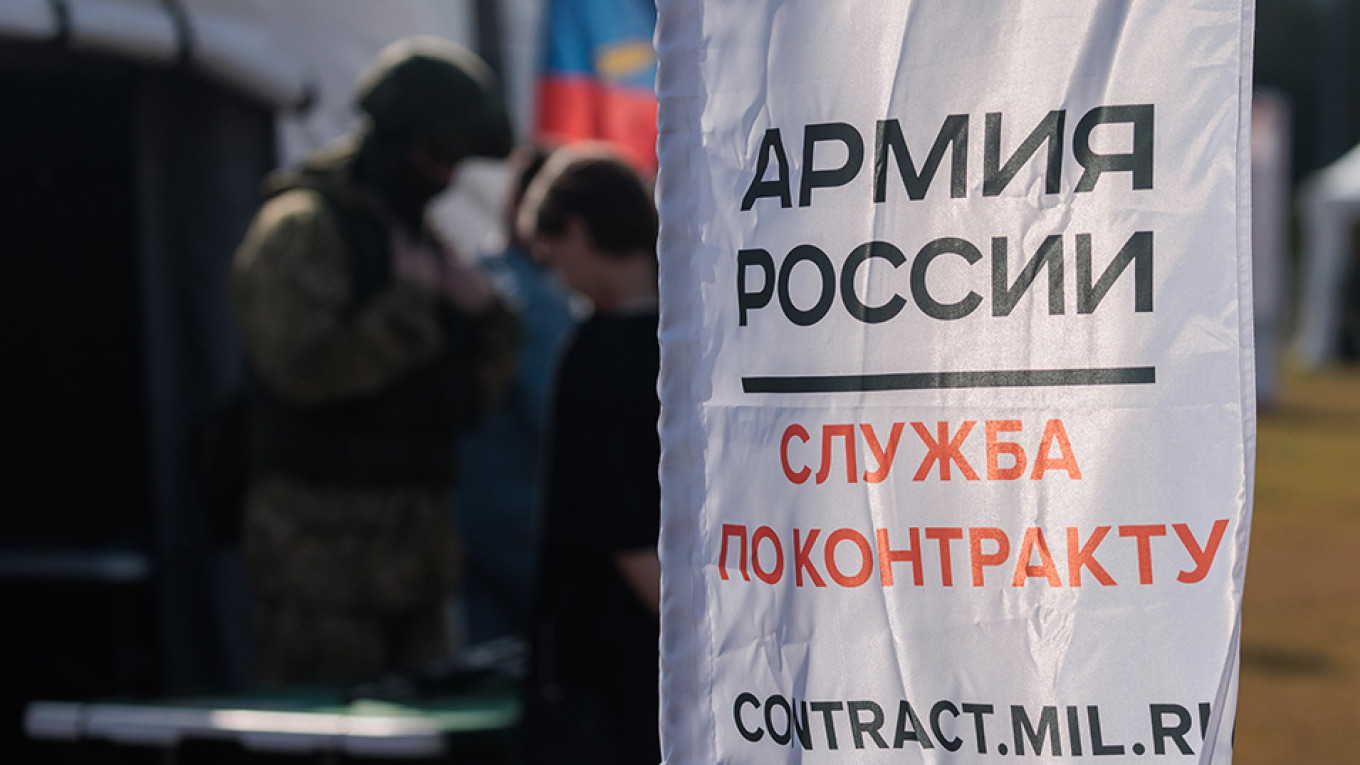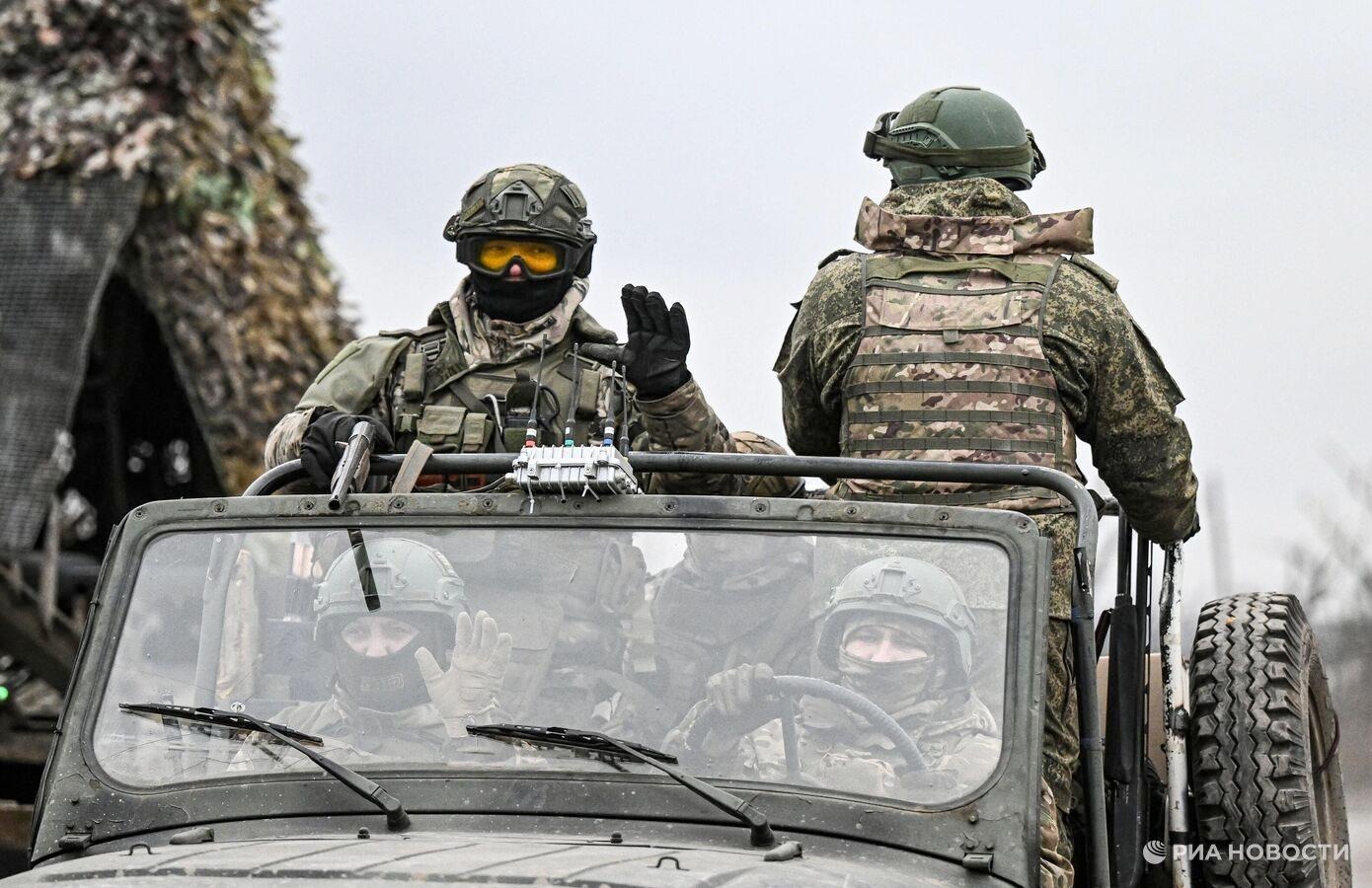
Increasing Sign-Up Bonuses for Russian Soldiers Signal Falling Support for Putin’s War
Increasing Sign-Up Bonuses for Russian Soldiers Signal Falling Support for Putin’s War
Executive Summary:
- Russian President Vladimir Putin has adopted various strategies to fill the ranks of his army to avoid the anger and emigration among Russians that mobilization would provoke, including offering substantial signing bonuses.
- Continuing to increase bonuses highlights the declining support among Russians for Putin’s war in Ukraine, not only in the cities but in rural areas as well.
- These increases point to a shift in how the Kremlin is prepared to deal with the population and how the population, in response, is ready to react to Kremlin policies, a shift that is likely to increase the chances of clashes.
Russian President Vladimir Putin’s declaration of a partial mobilization in September 2022 backfired and sparked widespread anger, causing the emigration of more than a million young and educated people the Russian Federation could not afford to lose (see EDM, September 22, 2022, June 26, 2023). The Kremlin leader has since tried a variety of alternative tactics to fill the constantly depleting ranks of his invasion force in Ukraine. These have ranged from releasing convicts from prisons if they agree to serve in the army, to using immigrants or foreigners as soldiers, to raising the age limits on those subject to the draft or allowed to serve in the military (see EDM, October 31, 2023; Doxa, January 15; Verstka, October 9). By far, the most successful of these new approaches has been the increase in the number of signing bonuses for “contract service” in the military (the Russian term for volunteers).
The bonus system that has emerged over the last two years is run by the central government, which continues to announce large and ever-increasing sign-on payments and directs federal workers to continue increasing them. Russia’s wealthier regions now offer even more money in bonuses than the central government, often becoming the primary locations where poorer people sign up for contract service. Meanwhile, the poorer regions and republics are asking Moscow for additional assistance to boost their recruitment numbers. In the absence of federal assistance, these regions are forced to use coercion or offer bounties to relatives and acquaintances of men who bring such people to recruitment offices (Sibreal.org, April 27; Idelreal.org, July 14; see EDM, August 7). This is further dividing the Russian Federation between the urban haves and the rural have-nots, leading Russian political scientist Vladimir Pastukhov to suggest that Putin’s invasion of Ukraine has become Russia’s last “peasant war,” one fought not by the urban majority but by the country’s relatively small rural population, a group that disproportionately includes the non-Russian minorities (see EDM, October 4, 2022, April 4, July 16; Echofm.online, March 4, 2023).
In recent months, the bonuses offered by Moscow and regional governments have reached an average of more than five million rubles ($50,000)—potentially more, depending on the region. This amounts to vastly more than most civilians in the Russian Federation can expect to earn over many years (T.me/svobodnieslova, September 4). The size of such payments has prompted some to suggest that, in rural Russia at least, most people have “never had it so good,” and that people there have become and will remain loyal to Putin (Sibreal.org, September 17, 2023; Russia.post, September 19, 2023). This demonstrates how the bonus initiative is a success for Putin, who is more interested in having mercenaries than he is in having ideologically committed patriots who might begin asking the wrong questions (Window on Eurasia, March 6, 2023). Consequently, Vladislav Inozemtsev, the director of the Center of Research of Post-Industrial Society, speculates that the system is likely to remain in place well into 2025 because the population likes it and the Kremlin can afford it (Riddle, April 11).
The rise in bonus payments reflects attitudes and trends in the Russian population that can hardly make the Kremlin happy. The fact that Moscow has to pay bonuses at all, and even more that they are compelled to raise these rates constantly, is a clear sign that there is decreasing enthusiasm for the war, however much polls suggest otherwise. The Kremlin’s need to continue raising bonus payments proves the lack of public support for Putin’s war. If support among the public was high, Russian men would be signing up out of patriotic enthusiasm, not for money (T.me/anatoly_nesmiyan, August 31, reposted at Charter97, August 31). Any real enthusiasm for the war has dissipated (if there ever was any at all), prompting Moscow to launch this unprecedented policy. Regardless of how happy Russians who do take the money may be, they and their countrymen can easily see that such payments reveal that the Kremlin’s situation has shifted.
This has been exacerbated by the two groups of Russians most directly affected by the bonus system (Sibreal.org, October 17). The first, those who signed up earlier when bonuses were less, are currently suffering buyer’s remorse and are angry that they did not wait to get the larger payments. The second group, who may be considering signing up and getting the larger bonuses, is deciding to wait until the payments become even larger. Both are talking about their situations publicly, and that alone makes the bonus system increasingly counterproductive from the Kremlin’s point of view, possibly making it unsustainable far sooner than many now suggest. If that proves to be the case, then Putin will soon face a Hobson’s choice between carrying out a real mobilization and applying ever more repression. Doing so could possibly involve closing the borders to prevent Russians from fleeing, an action that could trigger his downfall. The other option is to change his approach in Ukraine altogether so that the Russian military’s need for soldiers would ease or even cease (The Moscow Times, August 21).
As striking as the consequences of the bonus system are for the Russian military and the future of Putin’s war, his decision to offer them at all and then to regularly increase the size of the bonus may prove even more significant for the future of his political regime. Not only is the necessary boosting of such payments a real measure of declining Russian support for his war in Ukraine, but this trend shows to the Russian population that Putin is now ready to use cash and not just force to respond to resistance—something that makes opposition to his policies less risky. That will almost certainly encourage resistance to other parts of Putin’s political program, which, in turn, could form the roots of new and more serious challenges to the Putin regime (NG.ru, September 26).


